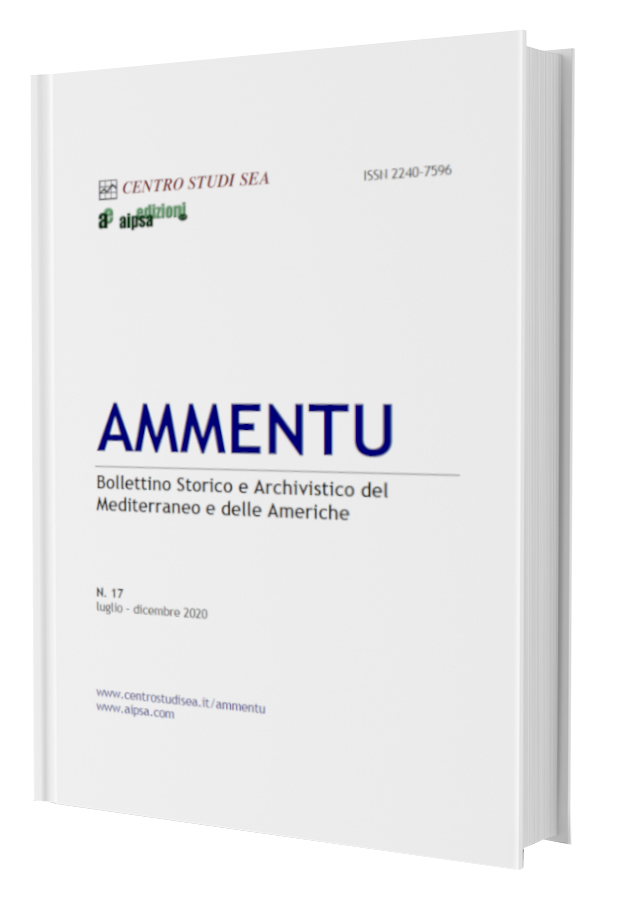When a policy fails. The brain drain in Sardinia
DOI:
https://doi.org/10.19248/ammentu.385Keywords:
Specialization Policies, Brain Drain, Mismatch in Labor MarketAbstract
In the socio-economic realities of Western countries, knowledge and scientific knowledge play a central role in the production of tangible and intangible goods, they themselves become a productive force, the only one capable of producing lasting value and competitive advantages for knowledge. society. Within this theoretical framework, the European Union had set itself the strategic goal of «becoming the most competitive and dynamic knowledge-based economy in the world» and confirmed this with the Europe 2020 Program.It is in this context that the investment effort in training of the most disadvantaged southern Italian regions takes on significant importance, such as the Master & Back program promoted in the last decade by the Autonomous Region of Sardinia, to give greater depth to the human capital of its young graduates. through highly qualified experiences outside the island for the purpose of subsequent insertion, once specialized, in the local labor market.
The contribution is a careful analysis of the mechanisms of a policy that has looked only at the supply side of the workforce, its impact on employment levels and its perverse effects, such as the massive brain drain that occurred at the end of the experience in following a mismatch process with an inadequate and unprepared production fabric to accommodate highly qualified personnel, or a significant brain waste, or an underutilization of the resources themselves. Keywords: Specialization, Policies, Brain Drain, Mismatch in Labor Market.
Downloads
Published
2021-05-30
Issue
Section
FOCUS - Sardegna, emigrazione tra attualità e passato: la fuga di cervelli, le fonti locali per lo studio...
License
Note on the copyright
The Copyright Notice below must be included with the journal information and in the metadata for each published article. Although every journal can freely determine the nature and scope of the copyright agreement with its authors, the Public Knowledge Project recommends the use of a Creative Commons license. For these purposes, an example is provided and may be copy and pasted in the space below for those journals that (a) offer open access, (b) offer deferred open access or (c) do not offer open access.









